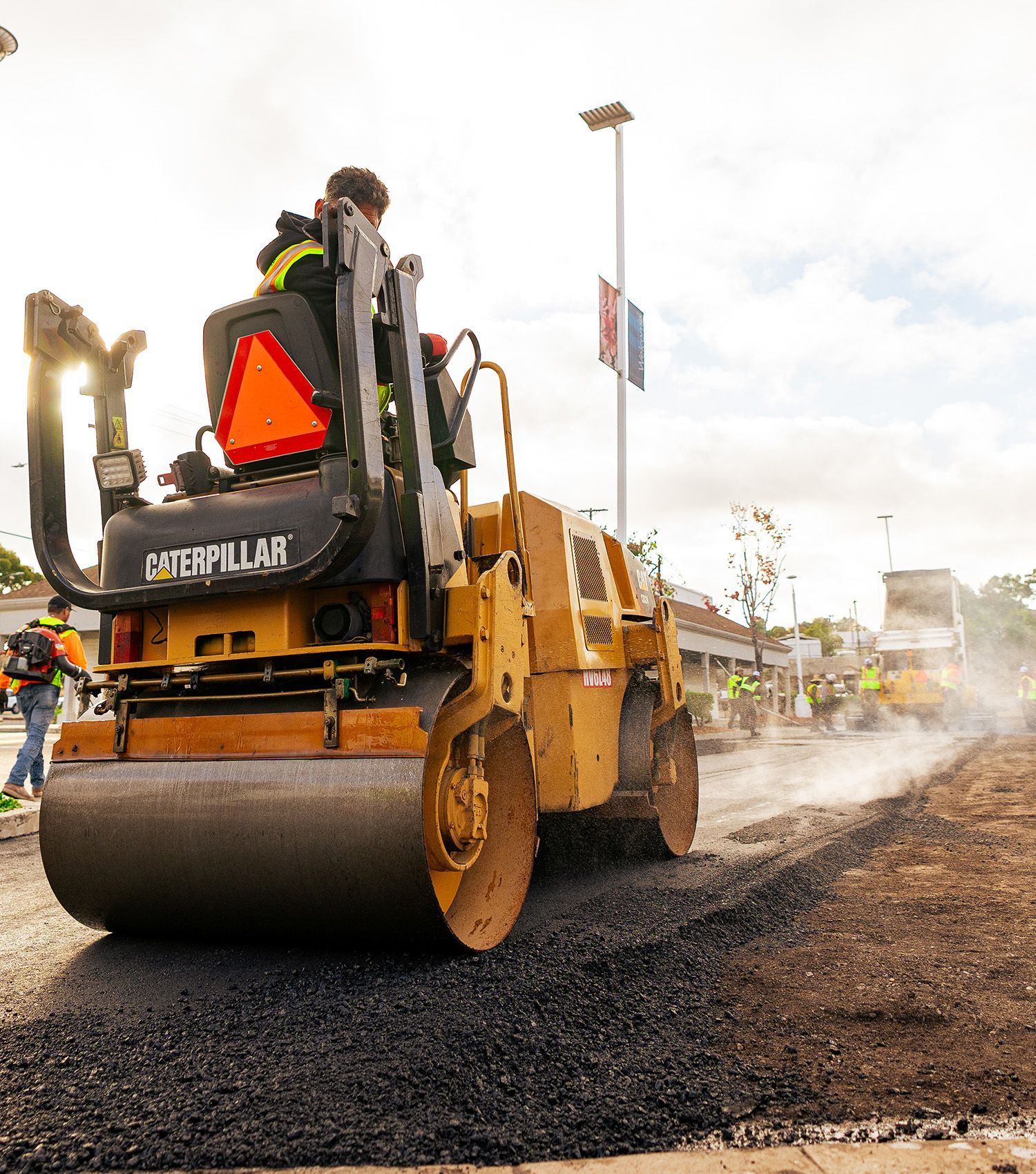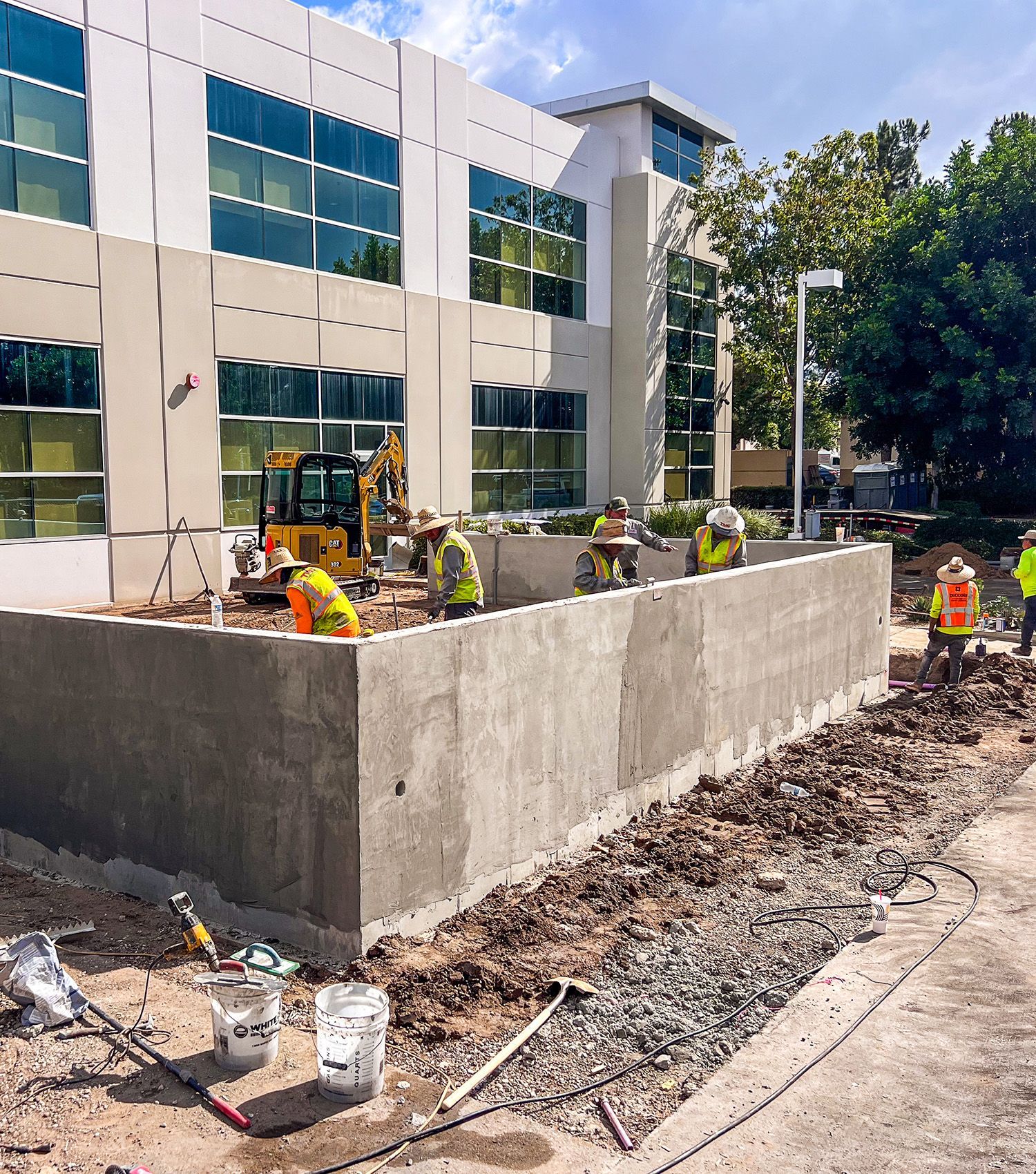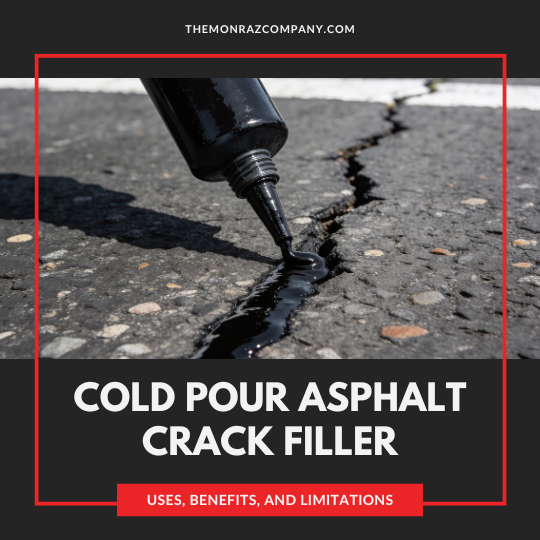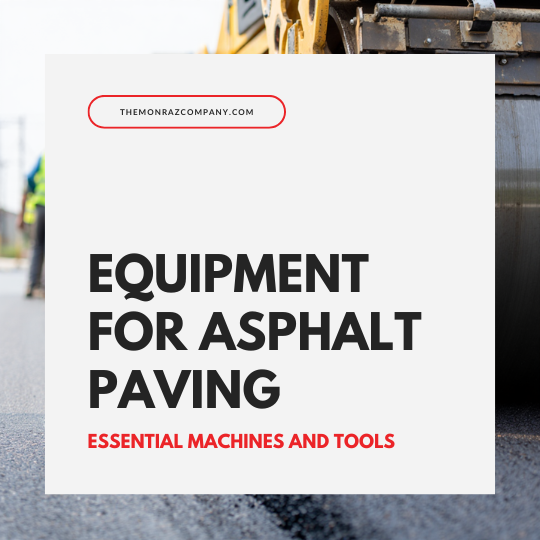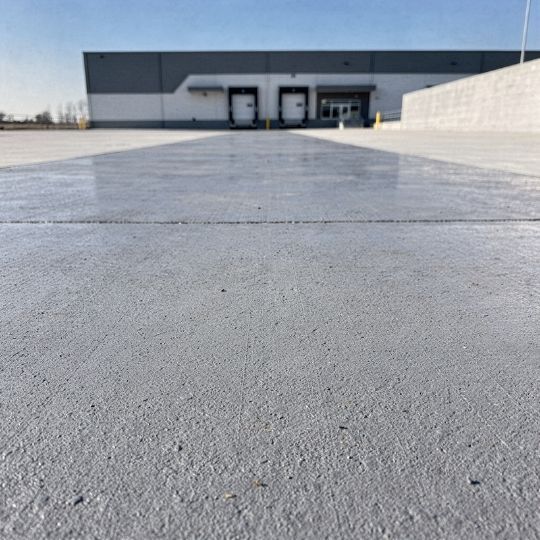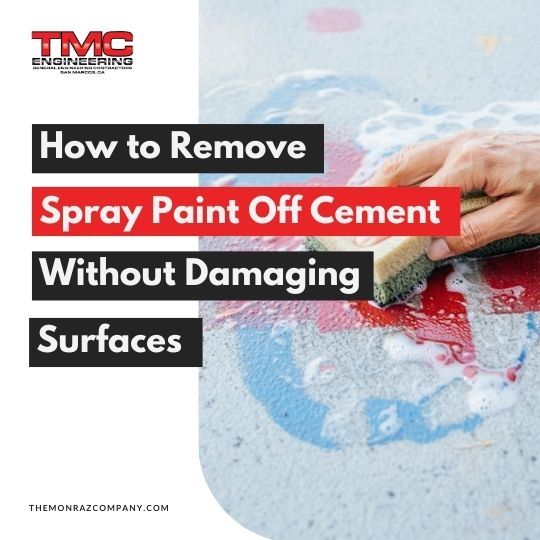General Engineering Contractor
TMC Engineering specializes in professional asphalt paving, concrete construction, striping and sealing services in San Diego, Riverside and Imperial County, offering precision, quality, and on-time delivery for commercial and residential projects.
THE
MONRAZ
COMPANY
Our mission is to deliver unmatched service, empower women in construction, and create a safe, welcoming workplace that feels like home.
WHY TMC?
75
Years of combined experience
5m
Square feet of paving
11m
Square feet of seal coat
388
Cities working in 46 counties
38k
Cubic yards of concrete
TMC Engineering - General Engineering Contractors
OUR SERVICES

How We Work
01. Consultation
TMC office administration set up customer account ensuring the client and its shareholders have all documents to protect their assets.
02. Site Survey
Value Engineer & Visual Site Survey
03. Scope
Create scope of work for long-term and short-term results (helps customer make a final decision based on budgets)
04. Project Start
TMC Production team creates a seamless project commencement, execution and close out plan
05. Job Completion
Office administration submits all close out documents, invoices, and submits a survey form to assure TMC compliance was completed to the satisfaction of the client

